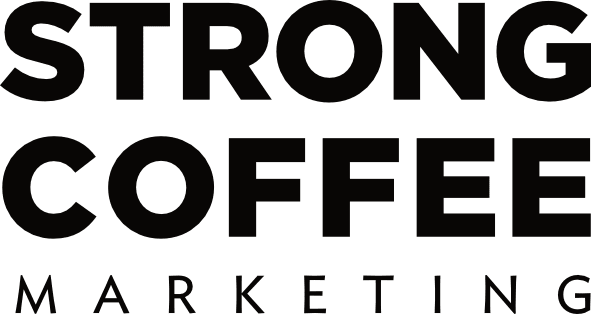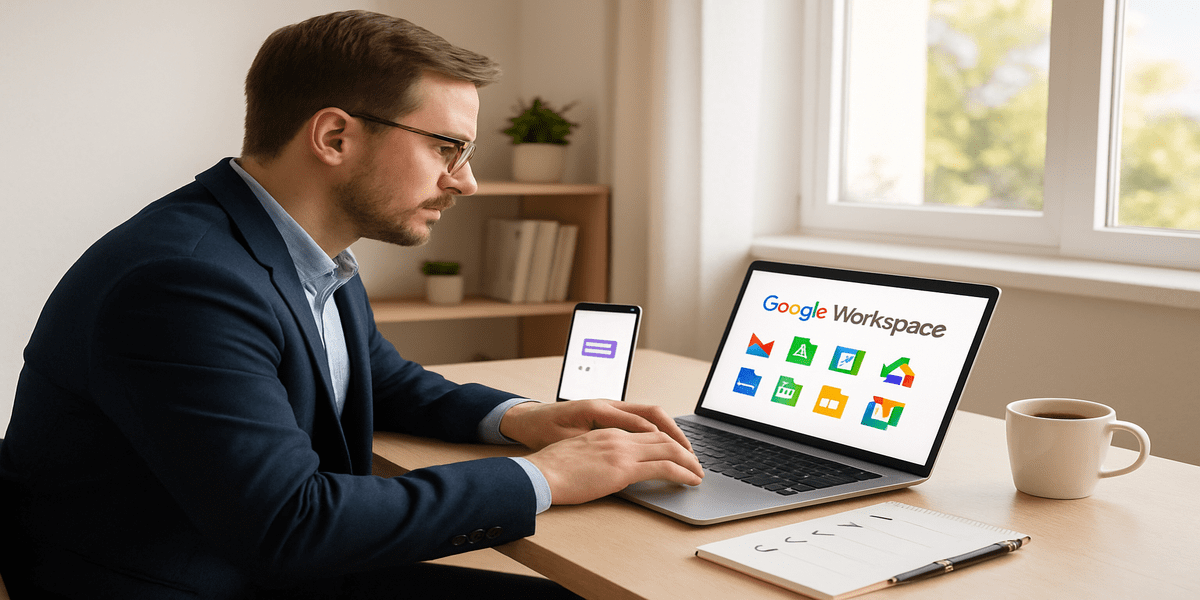Here’s a Strong Coffee guide to mobile visitation.
We compared four of our clients visitation by device (percentage) between 2012 and 2013. The underlying trend is a decrease in desktop usage and a strong increase in mobile and tablet usage. There are a few steps you can take to ensure that you’re taking advantage of these trends. First off, it is important to make sure your website is mobile responsive. This will ensure your website does not distort, stretch, or skew when being viewed on a mobile device. As an example, take this page (Strong Coffee website) and shrink it on your desktop. Notice how the menu across the top turns into a drop-down menu? Also notice how all the content shrunk proportionally, no matter how big or small you made the window? Making your website mobile responsive ensures that your visitors will have an optimal experience regardless of the device they are using to access your site.
It is also very important to think context when planning your content. Mobile visitation allows for increased interaction. For example, customers may be accessing your website from a mobile device while visiting your actual location. By situating online content in conjunction with your physical location, you can provide an integrated experience. When determining content, consider the mobile users’ experience. How could a mobile user use your content in conjunction to their surroundings? Could a mobile user use this content to better their offline experience? Is the content simple to digest, visually appealing, and engaging?
This is where social media comes in. By integrating your website with a social marketing plan you can increase traffic to your site. Let’s illustrate this using the same example clients as above. Between 2011 and 2013, Client 1 saw an increase of 2247% in Facebook referrals. Client 2 saw a 55% increase in Facebook referrals over the same time period, while Client 3 enjoyed a 173% increase in Facebook referrals between 2011 and 2013. This stresses the importance of having a presence on social media platforms. Mobile apps such as Facebook and Twitter among others provide a gateway for lead generation through mobile devices. This ties back to the importance of making sure your website is mobile responsive. If these clients had mobile unresponsive websites the Facebook referral rate would still be the same, but the visitors’ experience would be negatively effected. Its great that social media provides leads, but the important part is ensuring the visitor has a positive experience once on your site.
Recent Posts
Boost Business Efficiency with Google Workspace Automation Tools
Streamlining Your Business with Google-Based Automations Hey there, fellow business owners! If you’re like most of us, you probably feel like there just...
Harnessing Google Tag Manager for Better User Insights and Performance Tracking
Unlocking the Power of Google Tag Manager: Simplifying Tracking and Understanding User Behavior Hey there, fellow business owners! If you’re navigating the digital...
AI Max: Transform Your Google Search Ads Strategy Today
Unleashing the Power of AI with Google Ads’ New AI Max Hey there, fellow business owners! If you’re anything like us at Strong...



